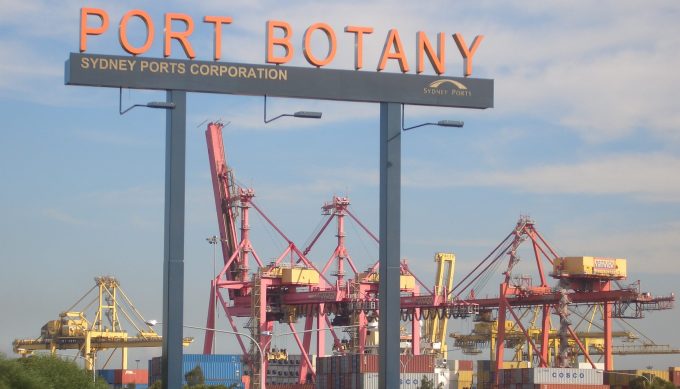Australian depot managers say free box storage time is 'unworkable'
Exasperated container depot operators in Australia have called on shipping lines to offer “more realistic” ...

The Australian Competition & Consumer Commission (ACCC) claims it was unaware of “anti-competitive” port commitment deeds (PCDs) when the New South Wales government privatised Port Botany and Port Kembla.
Speaking exclusively to The Loadstar, ACCC Chair Rod Sims argued that the conditions for the privatisation of ...
Four crew members still missing as Wan Hai 503 continues to burn
Explosions and 'out-of-control' fire reported on Wan Hai box ship
Predatory rivals circle as the ripples from DSV's Schenker buy widen
MSC Elsa crew face criminal probe, as Wan Hai 503 firefighters battle on
'It's driving us mad', say forwarders as US court fails to end tariff turmoil
Transpacific rates ease as capacity boost proves too much for trades to digest
European port congestion easing – for now
CMA CGM 'testing the water' of the Suez Canal for more services

Comment on this article